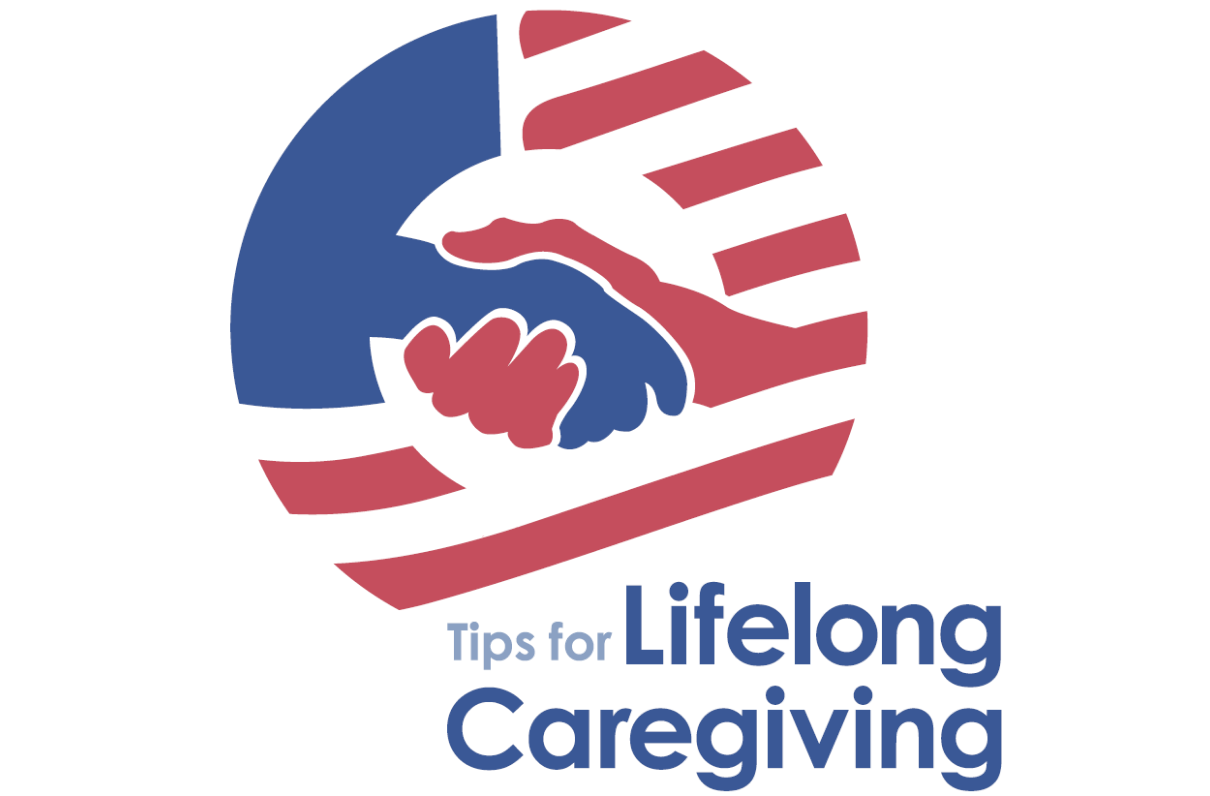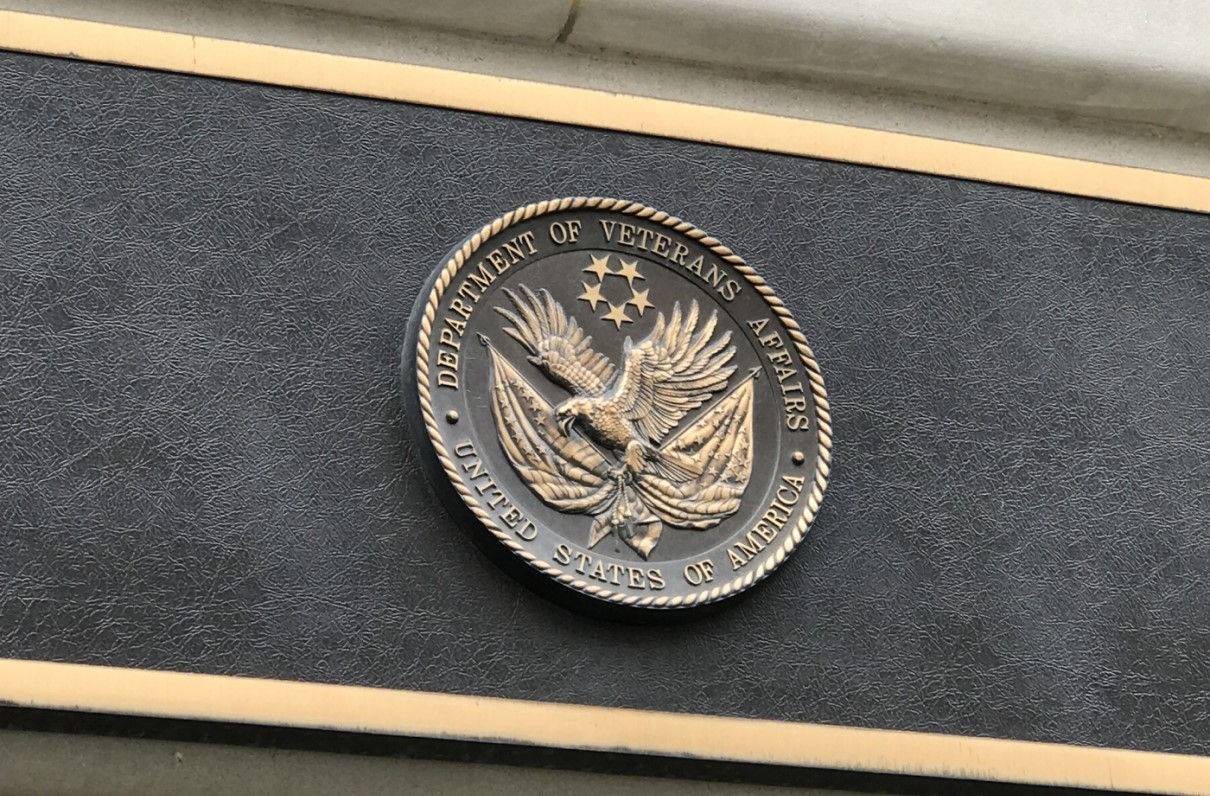A committee charged with recommending improvements to VA care and benefits for families, caregivers, and survivors began its work last month, for a report due July 1, 2024.
MOAA uses information gleaned from such meetings to inform advocacy and policy efforts so we can continue to improve programs and protect service-earned benefits. The newly selected, 20-member Veterans’ Family, Caregiver and Survivor Federal Advisory Committee is led by chair Lee Woodruff, co-founder of the Bob Woodruff Foundation and author. Col. Rebecca Porter, USA (Ret), president and chief executive officer of the Military Child Education Coalition, serves as vice chair.
Members heard from VA officials on programs and improvements in services being delivered across the agency during the two-day meeting. Dr. Shereef Elnahal, the VA’s under secretary for health, told the committee the VA is close to publishing regulations for public comment on the Program of Comprehensive Assistance for Family Caregivers (PCAFC); the VA paused the program in March 2022 to reevaluate eligibility criteria and assess the large number of expulsions of veteran caregivers.
[RELATED: Progress Continues as VA Revamps Its Caregiver Program]
Elnahal assured members VA is doing its due diligence in getting this program right and making sure it aligns with congressional intent.
He also asked members for help getting the word out on the Civilian Health and Medical Program of the Department of Veterans Affairs (CHAMPVA). Many eligible beneficiaries are unaware of this comprehensive health care program for the spouse or widow(er) and children of an eligible veteran, or how claims filed for care in the community are paid. The VA is pushing an information campaign to let providers and beneficiaries know that by law, all federal payments must be made through electronic funds transfer.
[FROM VA.GOV: CHAMPVA Benefits]
Additional briefings to the committee included updates on VA’s caregiver support and PCAFC, geriatric and extended care, survivors assistance and memorial support, and Vet Centers among several other programs and initiatives in the works, including the expansion of the veteran child care assistance pilot.
Past Committee Actions
The 2021 recommendations by the committee included several initiatives in policy areas important to MOAA, such as:
- Increase collaboration to offer evidence-based caregiver survivor peer support for grief and bereavement.
- Improve the engagement of, and outreach to, caregiver survivors of toxic exposure.
- Increase and share verified information on caregiver survivor resources and services.
- Conduct a formal, quantitative survey that analyzes the current veteran population to understand gaps and challenges that may exist for families with children.
- Present a plan to regularly reach out and explain criteria to potential PCAFC applicants.
- Establish a policy that clearly articulates that families enrolled in VA programs will not face retribution or lose their group status if they accept financial support from other government programs groups (e.g., SNAP benefits).
More information on the committee’s charter, minutes, and reports is available at this link.
Keep track of MOAA-supported legislation at our Legislative Action Center. In addition to bill tracking, the center offers a list of key advocacy issues, sample messages for lawmakers, and legislator information, including contact details.
 Tips for Lifelong Caregiving
Tips for Lifelong Caregiving
MOAA has partnered with the Elizabeth Dole Foundation to provide an online resource outlining legal and financial support available to multiple generations of caregivers.

